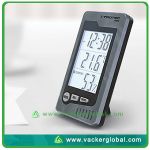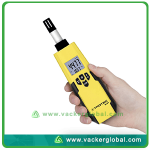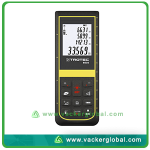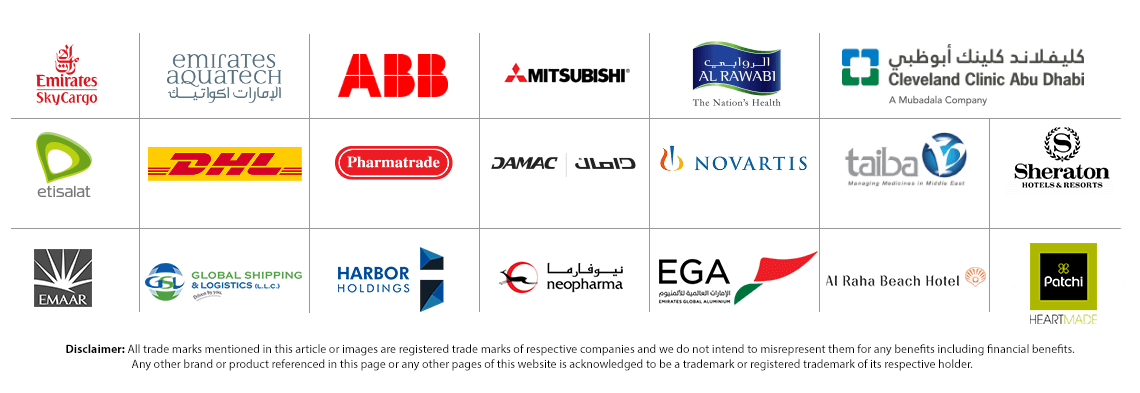Instrument calibration is one of the essential procedures used to keep up instrument accuracy. Calibration is the way toward designing an instrument to give an outcome to an example inside a worthy range. We provide calibration of various testing & measuring instruments either at your site or at our facility for various industrial and commercial needs through our associate companies. Our associates are approved by DAC and the certificate will indicate the same. Please specify at the time of ordering regarding your specific requirement of DAC certified calibration. Various types of instruments being calibrated by our associates are:
- Thermometers
- Thermocouple, transmitters
- Temperature data loggers
- Humidity data loggers
- Hygrostats
- Hygrometers
- Thermostat
- Chart recorders
- Electrical data loggers such as voltage, current, power data loggers
- Electrical measuring instruments
- Infrared laser thermometers
- Electrical testing instruments
- Weighing machines, scales
- Vernier calipers
- Level meters, transmitters
- Flow meters, transmitters
- Chiller rooms
- Cold rooms
- Refrigerators
- Differential pressure sensors
- Cold room monitoring systems
- Pressure data loggers
What is the required frequency of calibration?

The question on calibration interval is generally asked by many of our customers. For most of the instruments, customers are not sure regarding the frequency of calibration. We generally recommend calibration period depending on the type of instrument and critical nature of the instrument and types of application. Of course, you have to consider the relevant local regulations and audit requirements. As an example, a normal thermometer used for commercial application will have a calibration frequency of 12 months. However, for a CO Monitoring system, many suppliers recommend a calibration frequency of 6 months. The reason is that CO monitoring system is of very critical nature. Hence accuracy of measurement is important.
Even for the same device, you may have to decide different calibration frequency based on the application.
All manufacturers generally specify the error that can occur over a period of one year, 5 years, etc. However, for any instrument, calibration frequency should not exceed 12 months unless the manufacturer specifies a very low error over such a period.
Approval of calibration labs by Certification Authorities
Depending on each country, there are local and international approval authorities. A certified laboratory will have more authenticity in their procedures.
1. UKAS approved calibration services:
UKAS stands for United Kingdom Calibration services. This is an international certification authority. We have many customers who need calibration by UKAS laboratories. In such cases, we carry out calibration through our associates in the UK and provide UKAS accredited calibration.
2. NIST traceable calibration
 NIST stands for National Institute of Standards and Technology which is mainly maintained by the USA. We have customers especially in food and pharma segments who want to have their instruments calibrated with NIST traceability. In such cases, we provide calibration services through our associate company Cryopak, USA. Should you have any other special requirements, please do let us know.
NIST stands for National Institute of Standards and Technology which is mainly maintained by the USA. We have customers especially in food and pharma segments who want to have their instruments calibrated with NIST traceability. In such cases, we provide calibration services through our associate company Cryopak, USA. Should you have any other special requirements, please do let us know.
3. DAC Certification & DAC Approved laboratories
DAC stands for Dubai Accreditation Department. DAC has the highest level of quality in line with all international standards and is widely respected in the whole region. In order to obtain a certification from DAC, the calibration laboratory has to meet all their stringent quality requirements.
Validation services
Validation involves checking an entire set of operation including all hardware and software systems and verify that the end results are in line with actual measured values.
This involves writing a protocol for each specific equipment to be tested and will involve detailed testing methodology. Validation is carried out for equipment such as:
- Humidity chamber
- Autoclave
- Medical Refrigerators
- Active medicine boxes
- Passive medicine boxes
What is 3 point & 5 point calibration?
3 point calibration means that the same device has to be calibrated at 3 different points. As an example suppose you are using a temperature data logger to record between 15°C to 25°C. In this case, if you calibrate at one point only, you will not know the error across the entire range. As an example, if you calibrate at 25°C, you will not know what will be the error for reading at 15°C. Hence in order to ascertain the accuracy across the complete range, it is better to do a 3 point calibration. In this case, it is best to calibrate at 15°C, 20°C and 25°C. It is possible that the error at 15°C is different from 25°C.
Similarly, if you are using the same data logger for a wide range from 20°C to 60°C, you may prefer to carry out a 5 point calibration. In this case, you may carry out calibration at 20°C, 30°C, 40°C, 50°C and 60°C. This way, you can reasonably check the percentage error across the entire range.
Calibration of humidity measuring devices
The calibration of humidity measuring devices is challenging because we have to simulate different humidity levels. In order to do the same, we need humidity chamber which can control temperature and humidity. A humidity chamber is a closed chamber which can increase or decrease the humidity. The chamber will have a master calibrated instruments. You have to keep your new device inside the chamber. Then you have to generate different humidity levels such as 30%RH, 50%RH, 70%RH, etc. Then you have to compare the reading of your device against the master instrument.
You may contact us for all your requirements of calibration services in Dubai, Abudhabi, Sharjah, Ajman, Alain, Fujeirah and UmmAlQuain in the United Arab Emirates.
Vacker supplies all kinds of products and services throughout the Middle East and African countries.
![]()
In the Middle East, we serve the United Arab Emirates, Kingdom of Saudi Arabia, Oman, Qatar, Bahrain, Iraq, Lebanon, Egypt, Jordan, Libya, Tunisia, etc.
In Africa, we serve countries including Kenya, Algeria, Tanzania, Djibouti, Chad, Ghana, Rwanda, Uganda, Nigeria, Ethiopia, Morocco, Angola, South Africa, etc.
Also, we supply to India, Bangladesh, Pakistan, Afghanistan, Kazakhstan, Srilanka, Maldives, and Cyprus.

